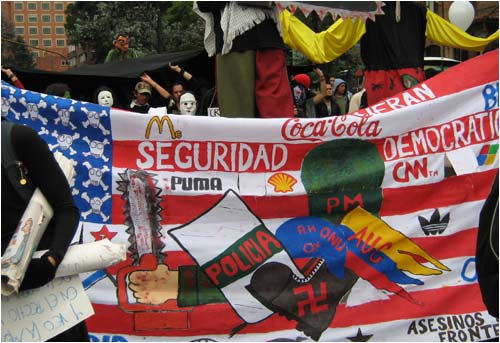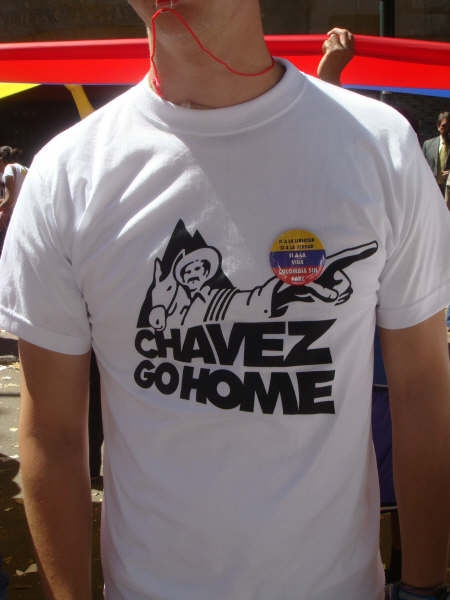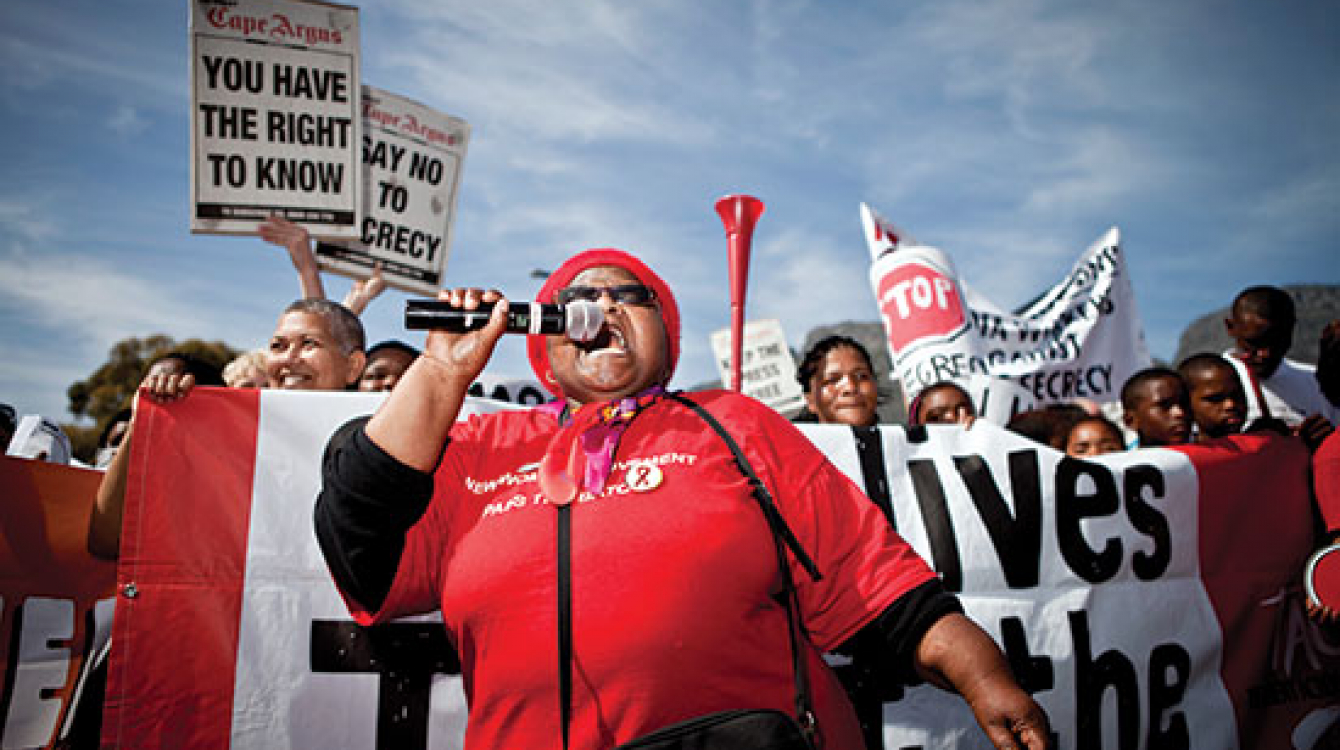This week has been characterized by a lot of saber-rattling and microphone diplomacy by the region’s dignitaries. At the OAS, virtually every country in the region took a stance on the conflict between Ecuador and Colombia. Today, civil society reacted to recent events. As the screenshot above from Ecuador’s El Comercio shows, public demonstrations spanned countries and purposes. In Ecuador there were protests against Colombia’s violation of Ecuador’s sovereignty, says El Comercio, although their video of the demonstration shows Colombians and Ecuadorians protesting together against all forms of violence. In Colombia, thousands protested in support of the victims of paramilitaries and of the state. In Buenos Aires, marches were held in solidarity with Ecuador and against President Uribe. In London, Colombians and Ecudorians together protested against Colombia, and in Venezuela, there were marches for peace in Colombia and the region. And this is just a taste of today’s events.

In Colombia, the march in support of the victims of paramilitaries and the state took place today. Chavez Go Home, Bogota, March 7, 2008As predicted, not as many people came out today as did for the protests against the FARC on February 4th. However, more came out than expected, and they did receive significant press coverage. What was truly unexpected before this week, though, was the variety of messages carried around in today’s rallies. While during February 4th march against the FARC, the purpose of the movement was very clear and there was little deviation from it, today’s demonstrators had a variety of messages. As can be seen here, some came out in Bogotá to express their disapproval of Chávez ‘s mingling in Colombia’s issues. Bogota, March 6.As can be seen in the second picture, others came out (also in Bogotá) against the U.S. and corporations. While most were probably protesting the violent acts of paramilitaries and the state, Colombians used this as an opportunity to express their feelings about the current diplomatic crisis. Internationally, some Colombians were surprised to be accompanied in the street by demonstrators who for some reason felt a need to either show support for Colombia, or anger at the Colombian government.

In essence, recent events in the region have let out innumerable tensions and historic resentments among not only states, but also the region’s population. While it is frustrating to see the region becoming so polarized, it is also reassuring to see an active and thriving civil society.

Reply